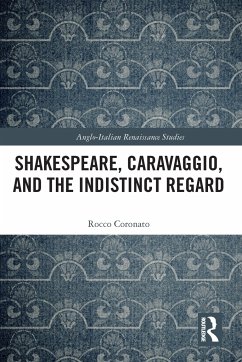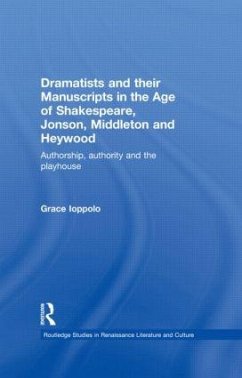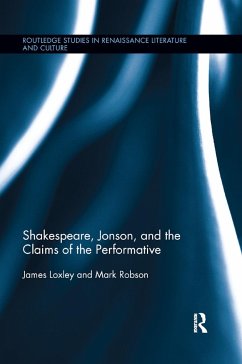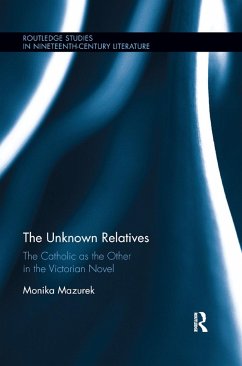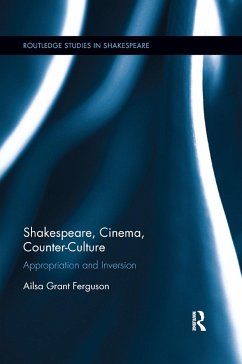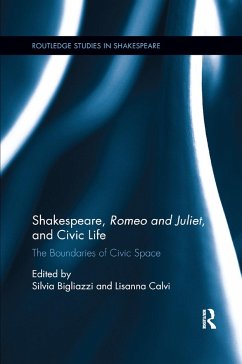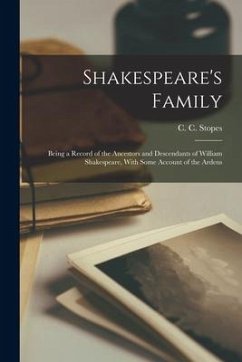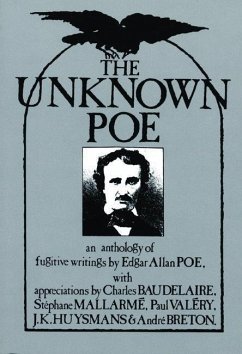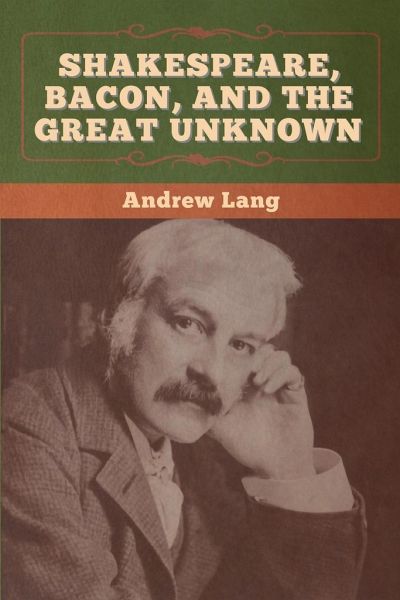
Shakespeare, Bacon, and the Great Unknown
Versandkostenfrei!
Versandfertig in 1-2 Wochen
16,99 €
inkl. MwSt.
Weitere Ausgaben:

PAYBACK Punkte
8 °P sammeln!
CONTENTS Preface Introduction I: The Baconian and Anti-Willian Positions II: The "Silence" about Shakespeare III: That Impossible He—The Schooling of Shakespeare IV: Mr Collins on Shakespeare’s Learning V: Shakespeare, Genius, and Society VI: The Courtly Plays: "Love’s Labour’s Lost" VII: Contemporary Recognition of Will as Author VIII: "The Silence of Philip Henslowe" IX: The Later Life of Shakespeare—His Monument and Portraits X: "The Traditional Shakspere" XI: The First Folio XII: Ben Jonson and Shakespeare XIII: The Preoccupations of Bacon





